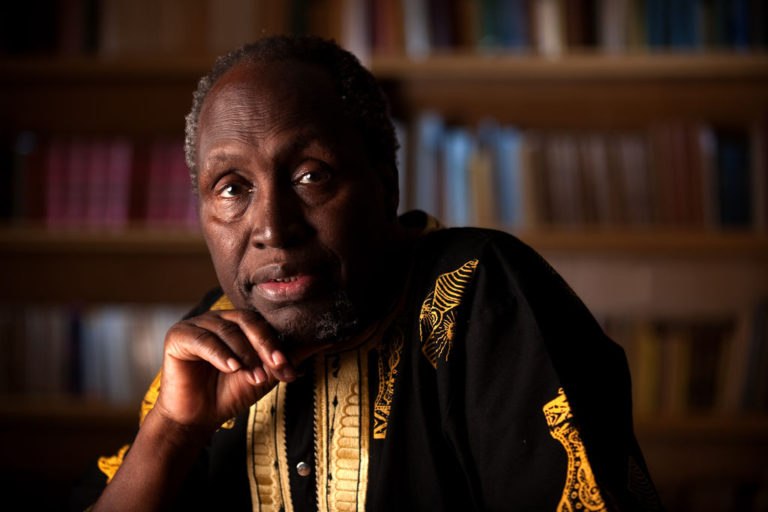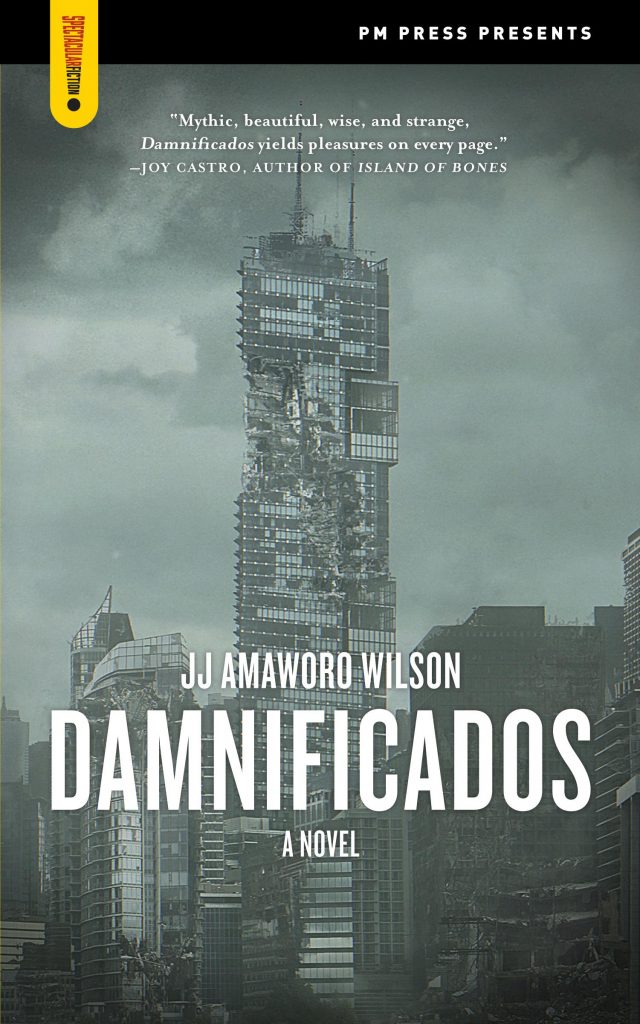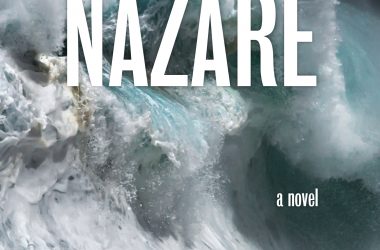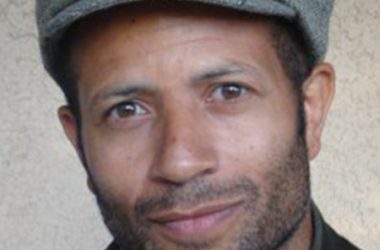
By JJ Amaworo Wilson
Salman Rushdie’s novel The Satanic Verses came out in 1988. He spent the next ten years in hiding. Ayatollah Khomeini, the Supreme Leader of Iran, didn’t approve of Rushdie’s portrayal of Mohamed, and pronounced a fatwah, a death sentence, on the author. The fatwah was eventually lifted after Khomeini’s death (although officially fatwahs can only be rescinded by the person who made them, so in theory Rushdie is still under it).
Mario Vargas Llosa hated his Peruvian military school – Leoncio Prado Military Academy – so much that he wrote his first novel about it (La Ciudad y los Perros, translated as The Time of the Hero). The academy took offense and organized a mass public burning of one thousand copies of the book.
Ngũgĩ wa Thiong’o’s co-written political play “I Will Marry When I Want” was shut down after six weeks by the Kenyan government, and wa Thiong’o jailed. He famously wrote his novel Devil on the Cross on state-issued toilet paper while he was in Kenya’s maximum security prison.
In Soviet Russia, the hidden uncensored writing that flowed from the gulags was known as samizdat, literally “self-published” as opposed to state-published. Dissident Vladimir Bukovsky defined it thus: “Samizdat: I write it myself, edit it myself, censor it myself, publish it myself, distribute it myself, and spend jail time for it myself.”
Censorship. Book bans. Book burnings. Couldn’t happen here in the liberal, open, free United States, right? Think again. Here are some classics that have been banned in the U.S.: I Know Why the Caged Bird Sings, Animal Farm, The Catcher in the Rye, The Color Purple, Invisible Man, Beloved, The Grapes of Wrath, Lord of the Flies, and To Kill a Mockingbird. In recent years books banned in the U.S. include The Kite Runner, Fifty Shades of Grey, the Harry Potter series, The Hate U Give, The Handmaid’s Tale, and The Hunger Games.
Why do the authorities ban books? Dictatorships do it because they fear the truth. They have to maintain the web of lies that keeps them in power. And writers – at least decent ones – have a habit of telling the truth. Unlike newspapers, which are often state-owned or completely in thrall to the businesses whose advertising finances them, writers of fiction, poetry and drama have a “dangerous” level of independence. They write what they want. And it’s frequently not what dictators want.
What about free societies? The list of reasons for bans includes profanity, sexual references, racial slurs, blasphemy, excessive violence, “questionable patriotism,” and “does not represent traditional values” (for those last two, take a bow, John Steinbeck). The United States has its roots in Puritanism and, among developed countries, is one of the world’s most religious nations. This might explain the list of reasons. Rural America, in particular, where many of the bans are enacted, retains a deep commitment to traditional religious values.
But writing is the practice of freedom. Fiction can do anything. If you want to suddenly insert a talking rabbit into your story, you can. If you want to place a whole, unseen world inside a wardrobe complete with battles, fauns and talking lions, you can. The only limitations are the limitations of the imagination and the limitations of language. This freedom is far from universal. Those of us involved in the written word, in ideas and art, must fight to protect it where we have it, and fight to gain it where we don’t.
JJ Amaworo Wilson is a German-born, British-educated debut novelist. Based in the U.S., he has lived in 9 countries and visited 60. He is a prizewinning author of over 20 books about language and language learning. Damnificados is his first major fiction work. His short fiction has been published by Penguin, Johns Hopkins University Press, and myriad literary magazines in England and the U.S.



